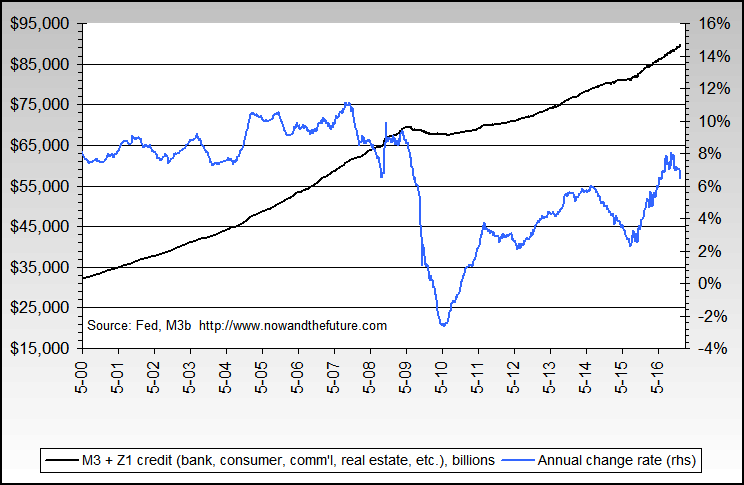Re: A Finster Rant
That's one of my favorites these days - asking the folk bitching about speculators if they thanked a speculator when oil went down to about $10 in the last '90s... or dropped about 50% from 2000 to 2002. :eek: ;)
Originally posted by Finster
View Post



Comment